Animals and mythical creatures in Buddhism
- The Deer
- The Dragon
- The Elephant
- The Horse
- The Lion
- The Phoenix
- The Peacock
- The Tiger
The use of animal symbols is an important part of Buddhism and embodies the idea that everything living has inherent virtue, power and wisdom.
Take advantage of this special offer while stocks last!

Animal symbols in Buddhism, contain secret meanings related to the specific characteristics of the animals they represent and highlight the Buddhist relationship to nature, kindness, ideas humanists, emphasizing the relationship between Buddhist theory and practice.
The Deer in Buddhism
In Buddhism, the deer symbolizes peace, harmony and longevity. They are by nature gentle and serene and their presence represents the purity of a sacred place, devoid of fear.
Above all, the deer symbolizes the most essential teachings of the Buddha and the act of receiving them. It was in the Deer Park that the Buddha gave his first teaching.
The Buddha is often depicted seated on a dais with two kneeling deer facing each other. Additionally, many monasteries feature the Dharma Wheel with two deer sitting on either side, staring at the wheel, with great joy. Deer are also depicted in the Jataka Tales, which are fables attributed to the Buddha's past lives as a human and animal, with messages of wisdom and compassion.
The dragon in Buddhism
In India, nagas are water spirits who live in wells, rivers and lakes and float in the clouds. They are represented as giant cobras or half-human, half-snake. They play an important role as protectors of the Buddha and Buddhist scriptures in Mahayana and Theravada mythology.
In one legend, a dragon king named Mukrinda protected the Buddha from heavy rain shortly after his enlightenment. He wrapped himself around the Buddha, turning the hood into an umbrella and draped it over the Buddha's head. The Buddha statues that symbolize this legend are famous in Myanmar, Laos and Thailand.
With the spread of Buddhism in China, dragons were identified as dragons. Buddhists dedicate vases to dragons for good harvests, health and children, as well as to prevent epidemics, earthquakes and floods. The Naga are vulnerable to water pollution and deforestation. You will protect those who protect nature, but those who harm the environment will breathe toxic air.
Elephants in Buddhism
In Asia and Africa, elephants are considered sacred. They are symbols of beauty, power, dignity, wisdom and peace. The white elephant is of great importance in the birth of the Buddha. Her mother Queen Maya dreamed of a white elephant offering her a white lotus with its trunk, entering her womb. Royal sages predicted the birth of a great monarch or Buddha.
In Buddhism, elephants symbolize spiritual poweron the path to enlightenment. They are calm and obedient, steadfast, unstoppable once they hit the road; and have big ears to hear the Dharma.
At the beginning of the practice, the uncontrolled mind is symbolized by a gray elephant. After training and taming the mind, the controlled mind, symbolized by a white elephant, is strong and powerful and can lead to liberation. Bodhisattva Puxian rides a six-toothed elephant, evoking the power of human enlightenment.
The Horse in Buddhism
In Buddhism,the horse is a symbol of energy and effort in the practice of dharma. The main qualities of a horse are loyalty and speed, as evidenced by Siddhartha's horse, Kanthaka, who helped him escape the palace and begin his spiritual quest. When Siddhartha said goodbye, Kondaka died of grief, but was reborn as a god and enshrined him as a Buddha.
The horse's neighing symbolizes the voice of the Buddha awakening the sleeping mind to practice. It also represents prana or breath which is vital to our existence. The“wind horse”in mythology is asymbol of Tibetan Buddhism.
It combines the speed of the wind and the power of a horse to control the mind and lead it to liberation. It is often used on prayer flags to bring prayers from heaven to earth. He also carries the "Wuyi Pearl", which symbolizes good luck in all things.
The lion in Buddhism
For thousands of years, the lion has been a symbol of royalty, strength and bravery. For this reason, the lion symbolizes the royal origin of Buddha Shakyamuni and his courage to challenge injustice and alleviate human suffering. He was called the "Lion of Shakyamuni", a nod to the power of his teachings.
Often called “the lion's roar,” the Buddha's voice roared the Dharma for all to hear. The symbolism of the lion's roar reminds us to work hard with the brave heart of the Lion King to overcome obstacles on the road and create happiness and harmony for our lives and our society. Lions act as guardians and appear in pairs at the entrances to shrines, temples and monasteries.
They are the symbol of the Bodhisattva, the "Lion Buddha", and can act as protectors of the Dharma, supporting the thrones of Buddhas and Bodhisattvas and serving as their mounts. Great Wisdom Bodhisattva Manjushri rides a lion, which is symbolized in the Huayan Sutra.
The Phoenix in Buddhism
The mythical phoenix is deeply rooted in Chinese and Japanese culture and is used as a symbol of the emperor and empress, depicted alongside the dragon to symbolize a perfect marriage. The phoenix is a benevolent bird, not a pest, and represents the Confucian values of loyalty, honesty, integrity and justice.
In Buddhism, the phoenix is considered sacred because it only appears in times of peace and prosperity and hides in times of trouble. Like a deer, it symbolizes peace and tranquility.
Mythical creatures can also represent "enlightened ones" resurrected from the ashes of self-death. A common description of the phoenix is to attack snakes with its claws and outstretched wings. He has the beak of a bird, the jaw of a swallow and the neck of a snake; its front half is said to resemble a giraffe and its back half like a deer. It has a back like a turtle and a tail like a fish.
Phoenix is also one of the four gods in Chinese mythology, guarding the four main roads and the four seasons of the dragon, tiger, unicorn and phoenix.
The Peacock in Buddhism
In Buddhism, the peacock represents wisdom and is associated with the bodhisattva. A peacock's tail, surrounding his azure eyes, symbolizes the thousand arms of Avalokitesvara and his thousand eyes.
Peacocks are deadly enemies of snakes, killing them with their claws and eating them without any harmful effects. Peacocks are said to convert their venom into nectar or nectar.
Similarly, bodhisattvas can transform ignorance into enlightenment, desire into generosity, and anger into compassion. When a person thinks positive thoughts, his mind opens like a peacock with its tail open, revealing beautiful colors.
The peacock is one of the most important metamorphosis birds in the Amitabha Sutra, which supports the throne of Amitabha Buddha in the Western Pure Land.
Here we will cite a teaching entitled "The Wheel of Sharp Weapons", written by Dharmaraksita, who transmitted it to his main disciple Dipankara Sri Jnana.
The minds of sentient beings in this world are like a thick forest of desire and hatred. Pleasures and material goods are like a beautiful medicinal garden. Courageous bodhisattvas, because they have realized the shortcomings of samsara, are not attracted to samsaric pleasures, just as peacocks are not attracted to medicinal plants.
Bodhisattvas, having the attitude of only wanting to work for sentient beings and desiring no happiness for themselves, can use the poisonous thoughts of ignorance, desire, hatred and so on to to perform works for sentient beings.
But by eating poison, the body of peacocks becomes healthy and beautiful. It is decorated with five feathers on the head, which symbolize the five paths of the boddhisattva and the achievement of the five families of Buddha.
They have beautiful colors, such as blue, red, green, and please other beings simply by being seen. Likewise, any body that sees a bodhisattva receives great happiness in its mind. The eating habits of the peacock, which eats poisonous plants, does not cause harm to other beings. Likewise, bodhisattvas do not harm other sentient beings in the slightest.
By eating poison, the colors of its feathers become bright and its body healthy. Likewise, by taking upon themselves all problems and sufferings, bodhisattvas quickly purify mental obscurations and develop their minds rapidly, reaching higher and higher realization. Peacocks in particular symbolize the transmutation of desire on the path to liberation. They are therefore the vehicle of Amitabha Buddha, who represents desire and attachment transmuted into the Wisdom of Discriminating Consciousness.
The Tiger in Buddhism
The Tiger dwells in the South, symbolizing unconditional trust, disciplined conscience, kindness and modesty.
She is relaxed but energized; she rests in a gentle state of being that has a natural feeling of satisfaction and fulfillment, referring to the state of enlightenment.
Associations: the main quality is confidence, dominance over the forest and the air element.

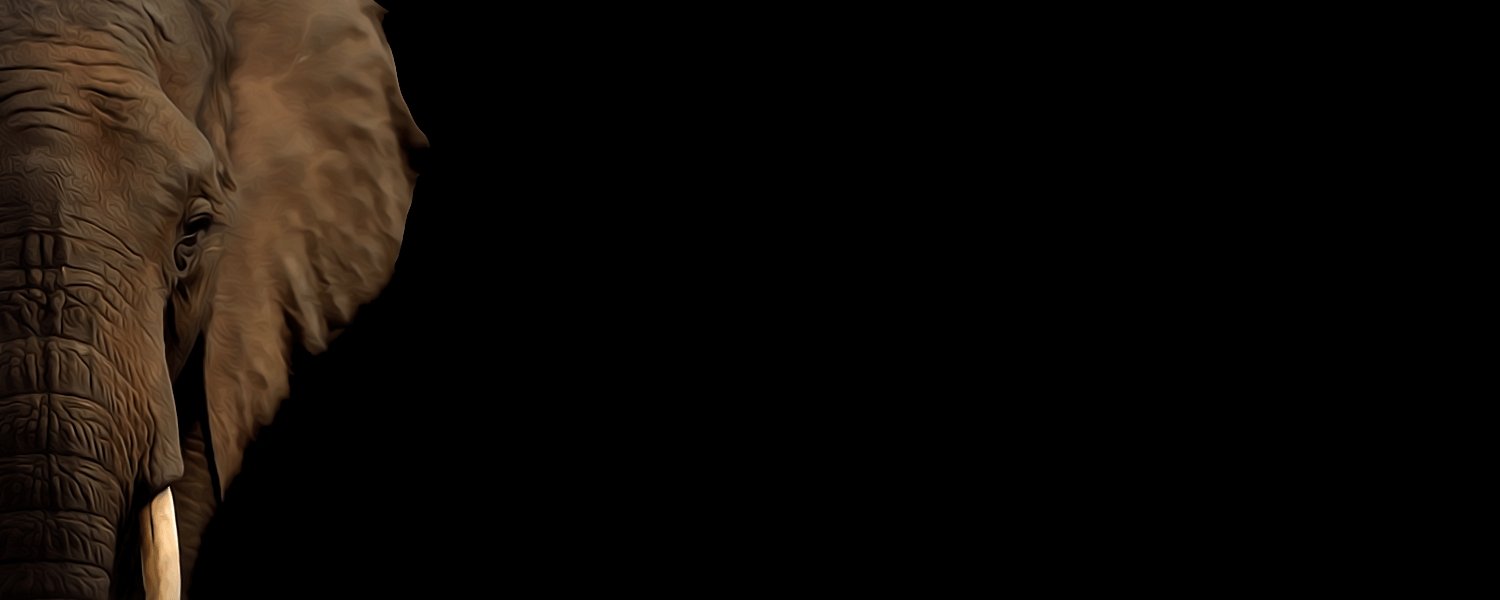


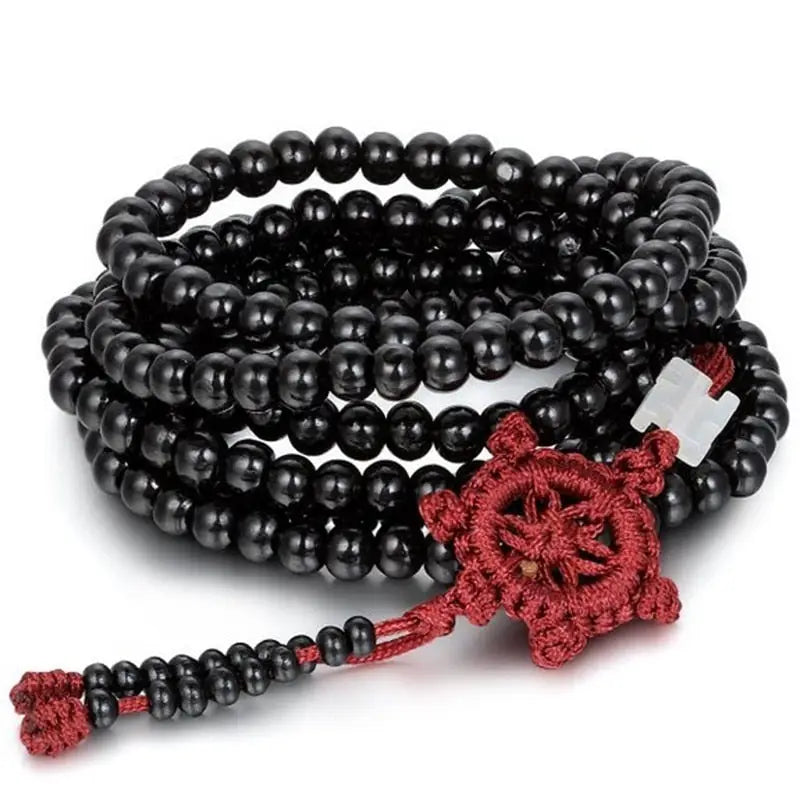
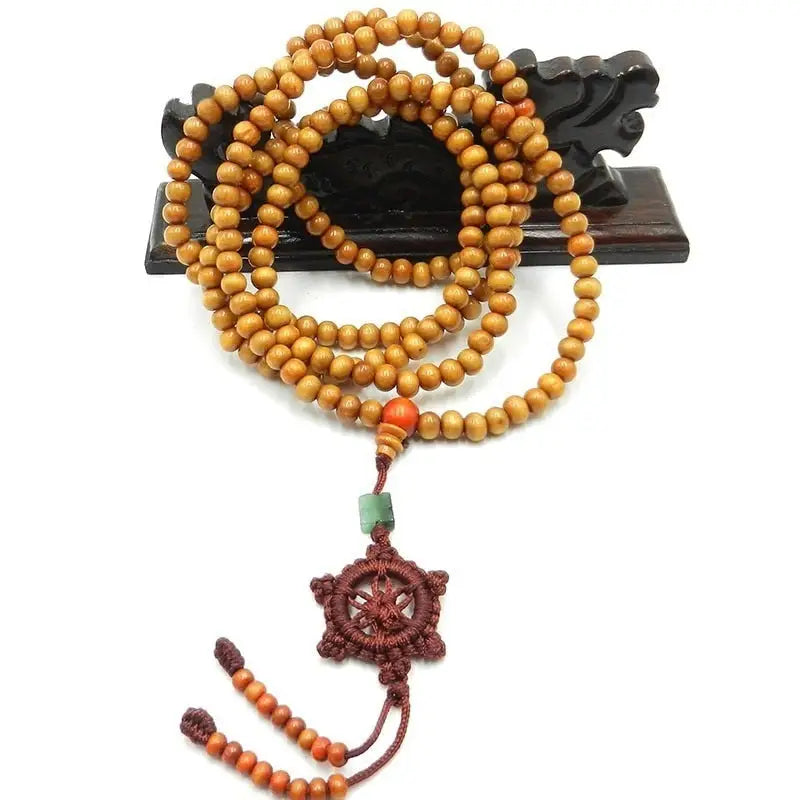
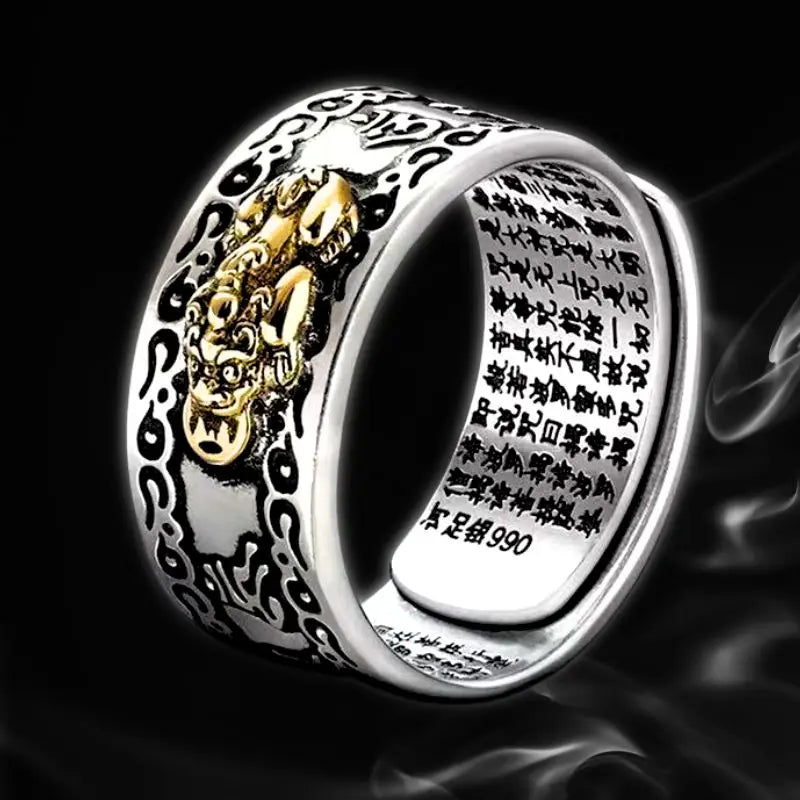
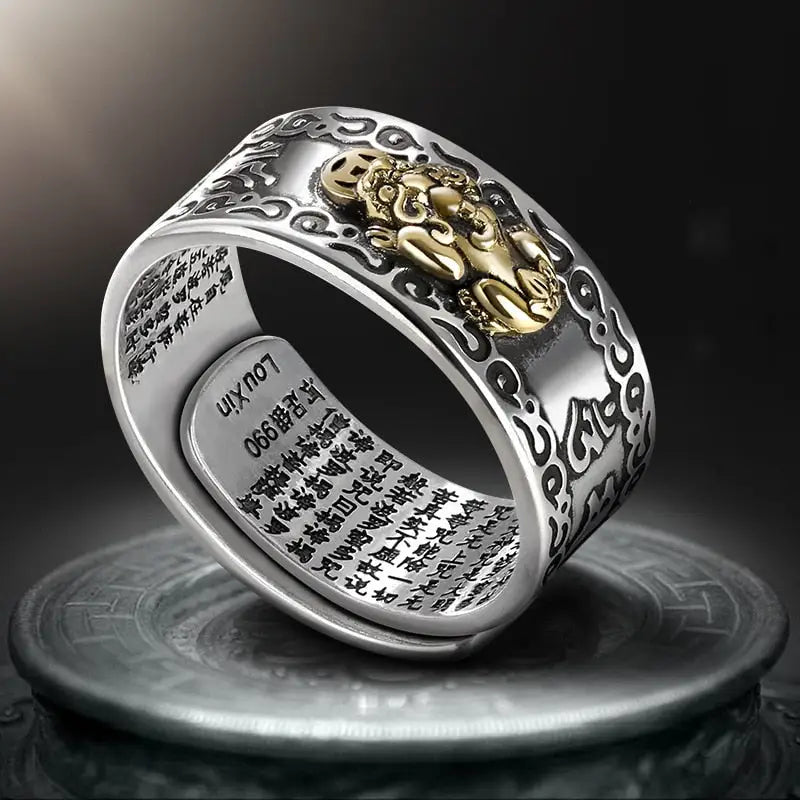
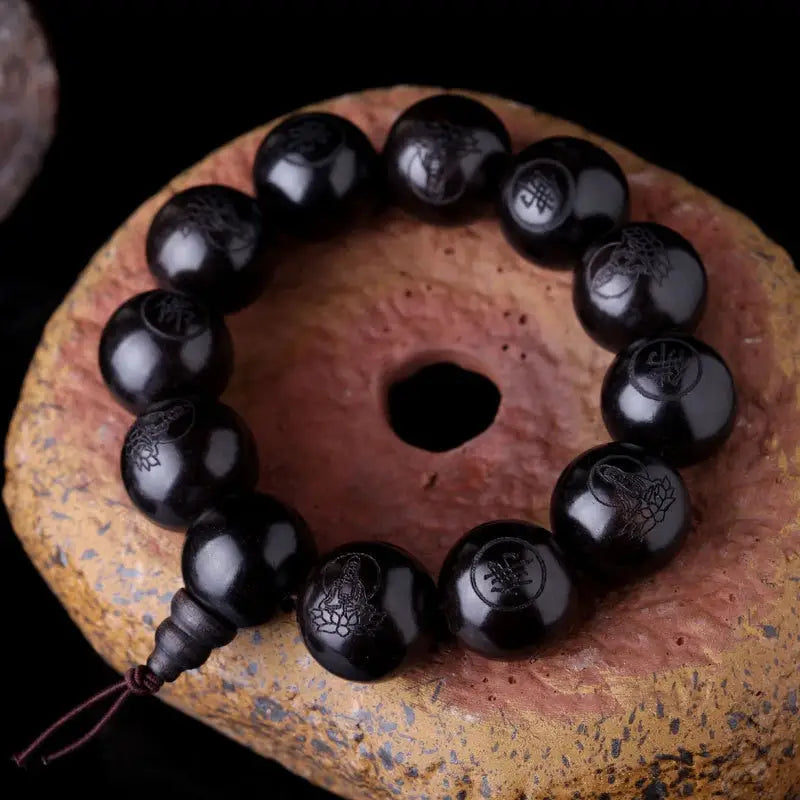


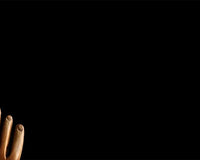


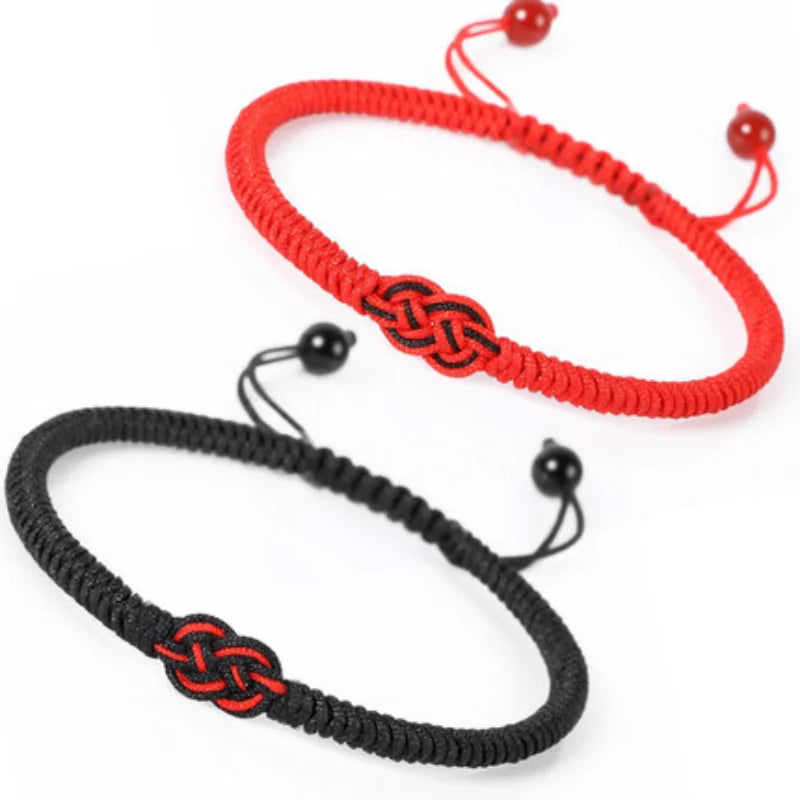

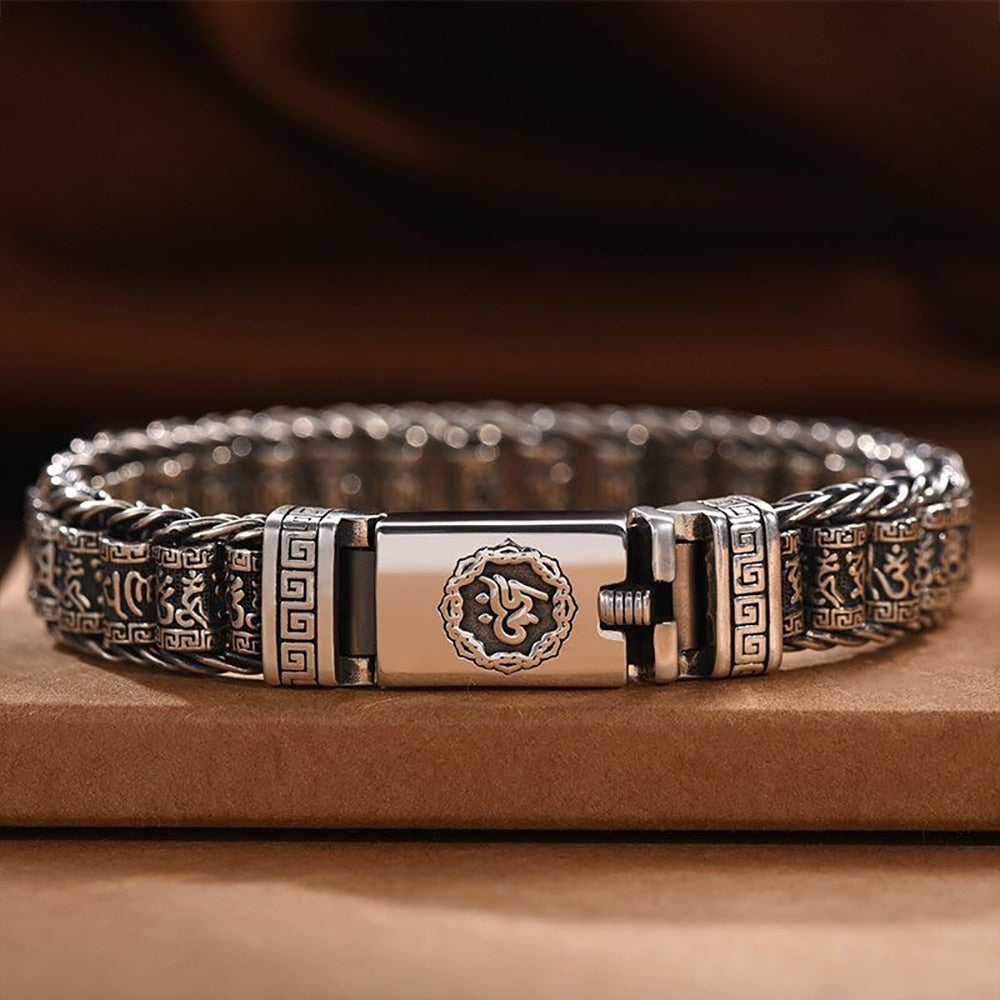
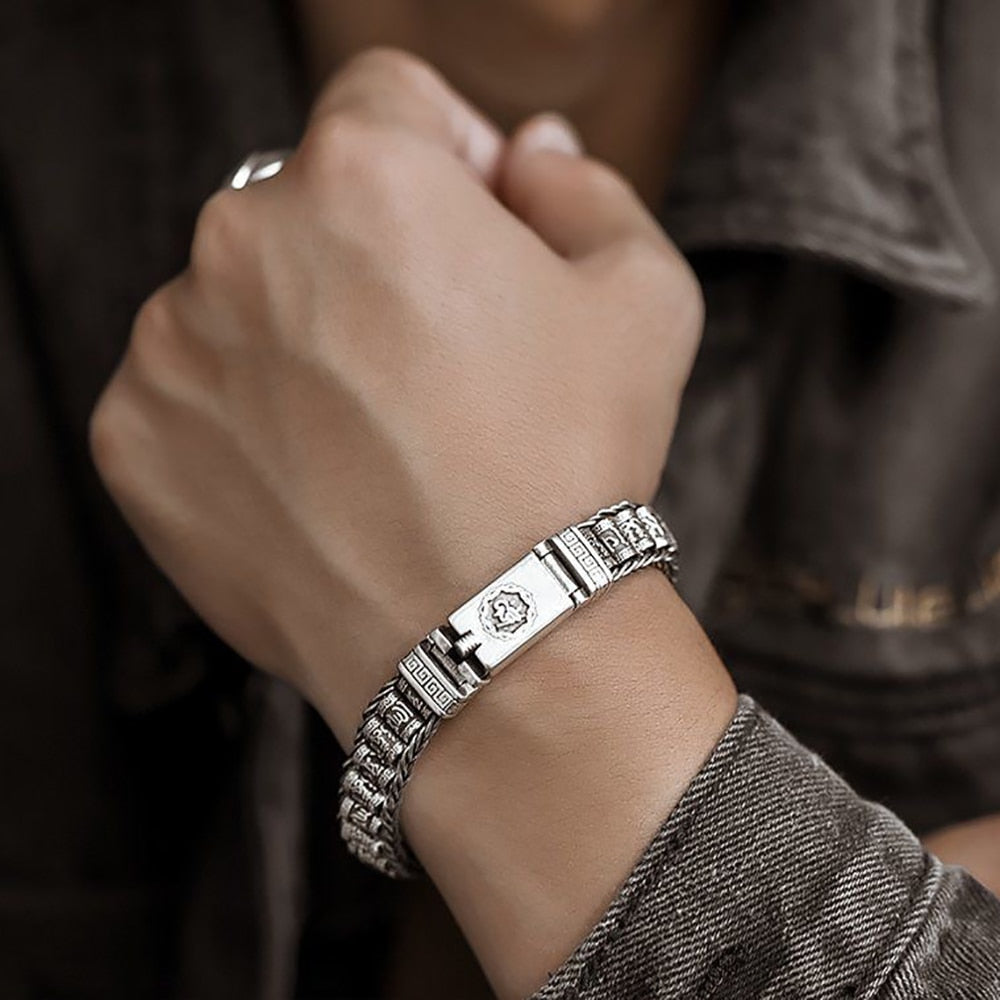

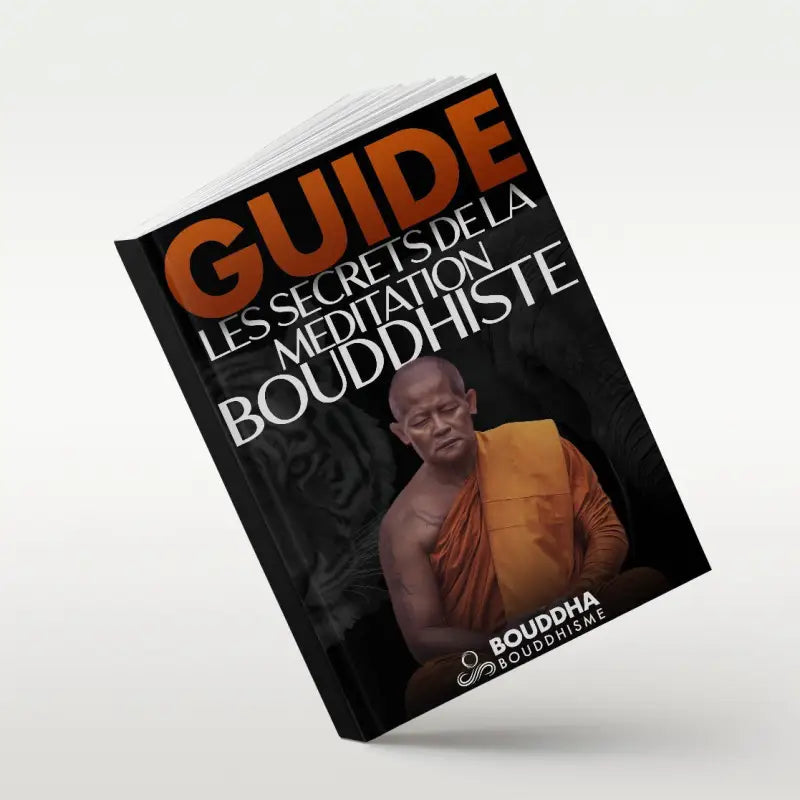
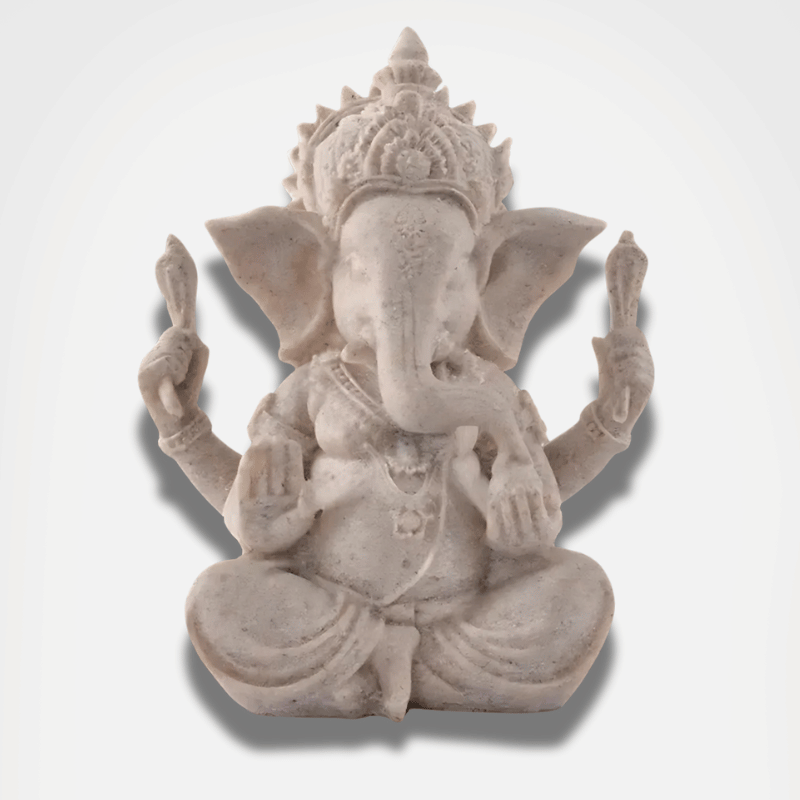
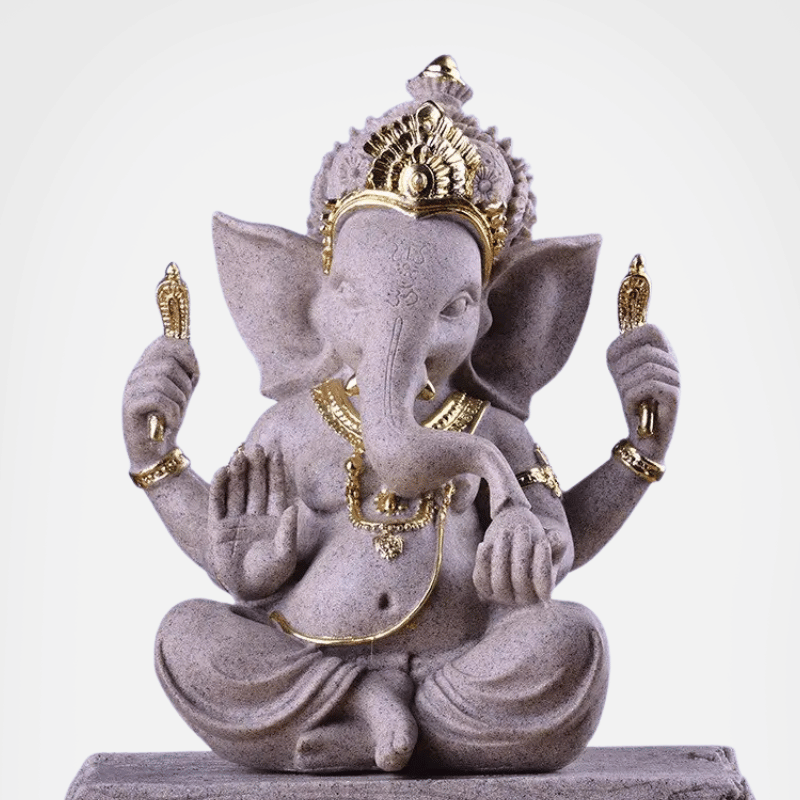
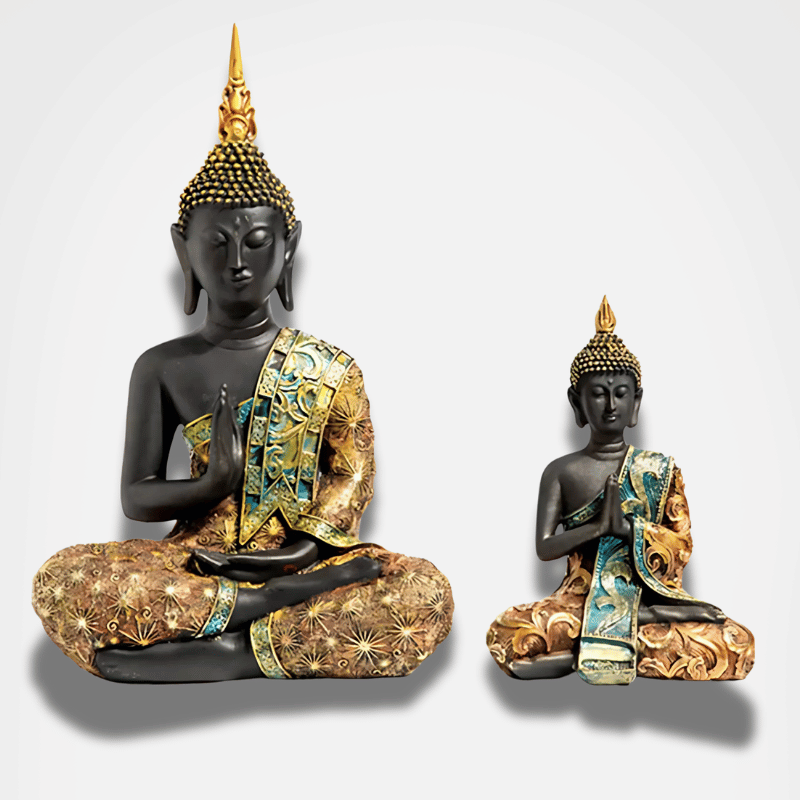
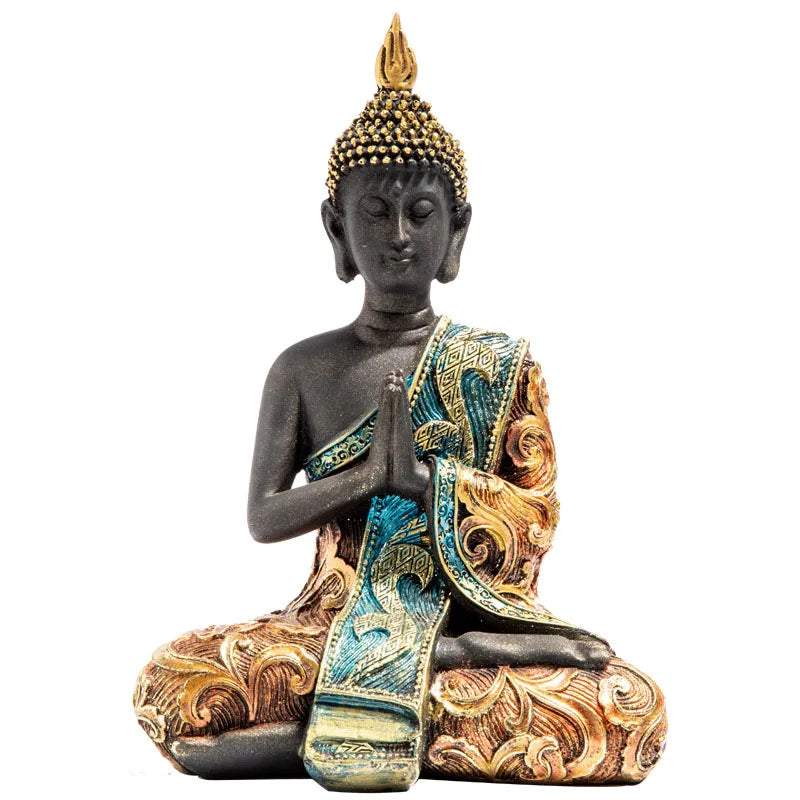
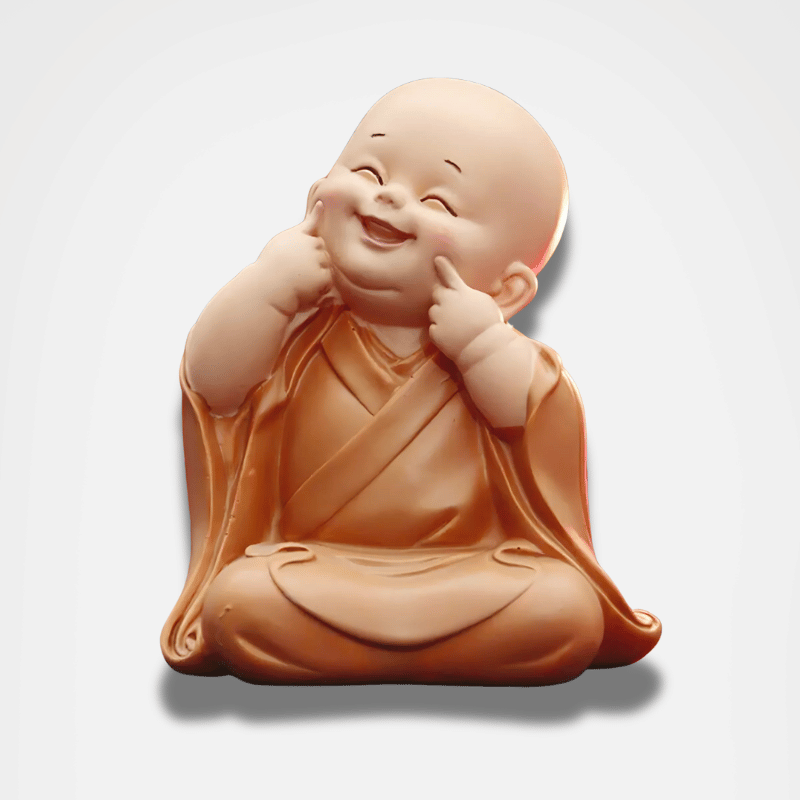

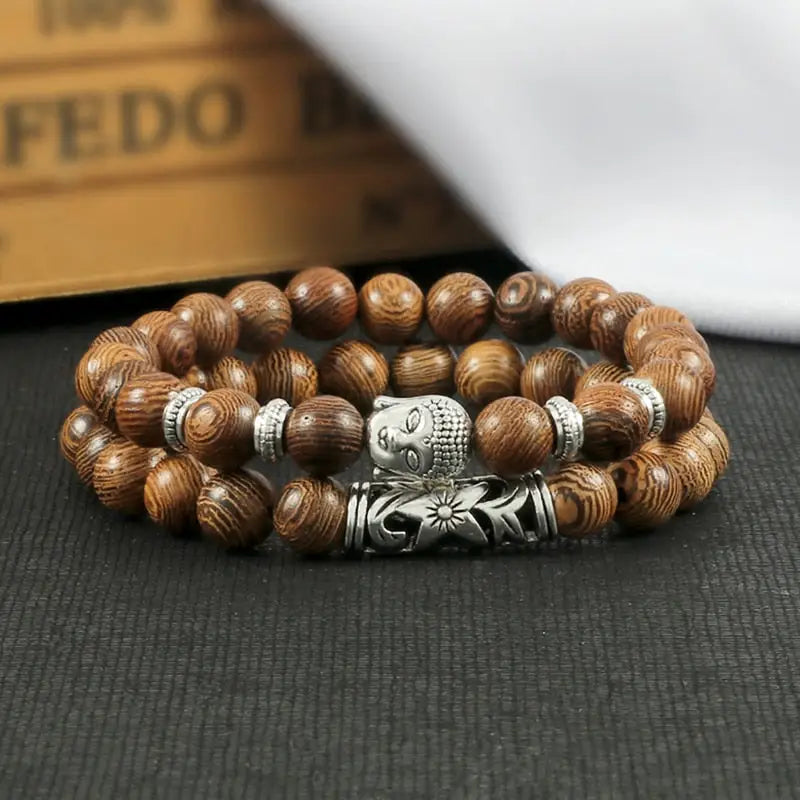
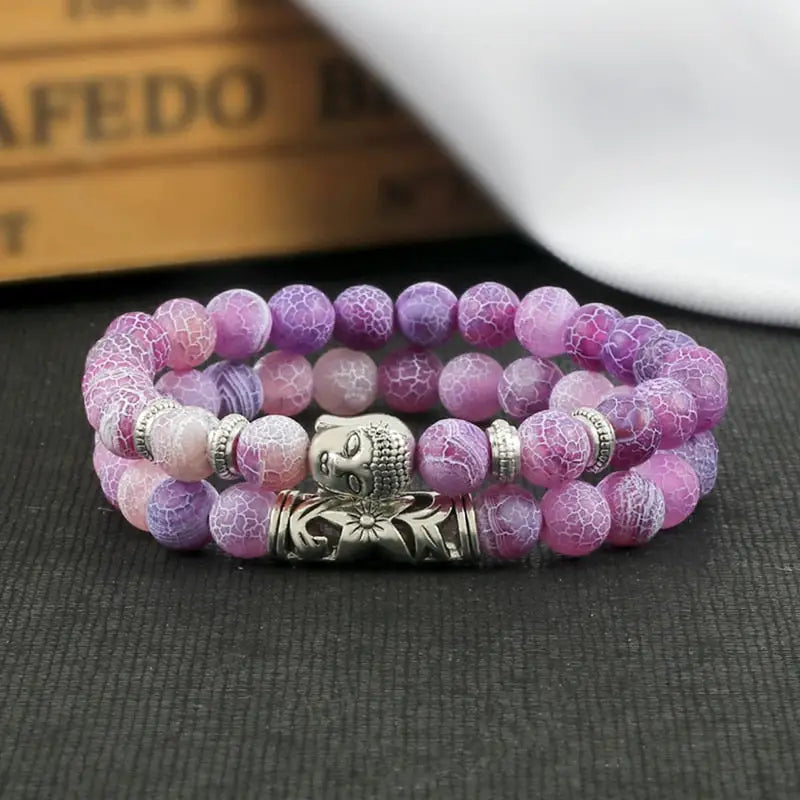
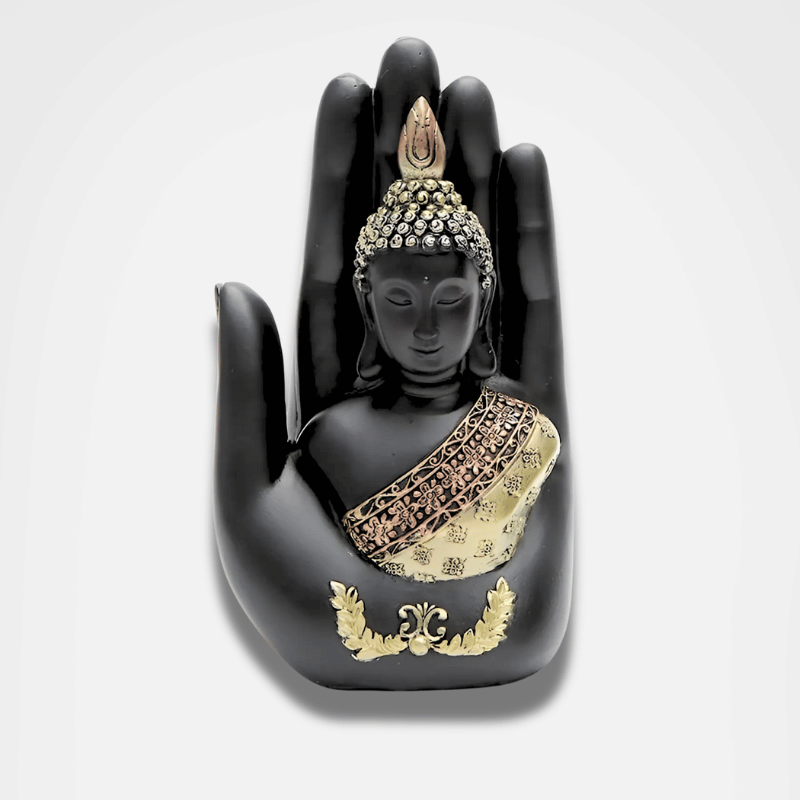
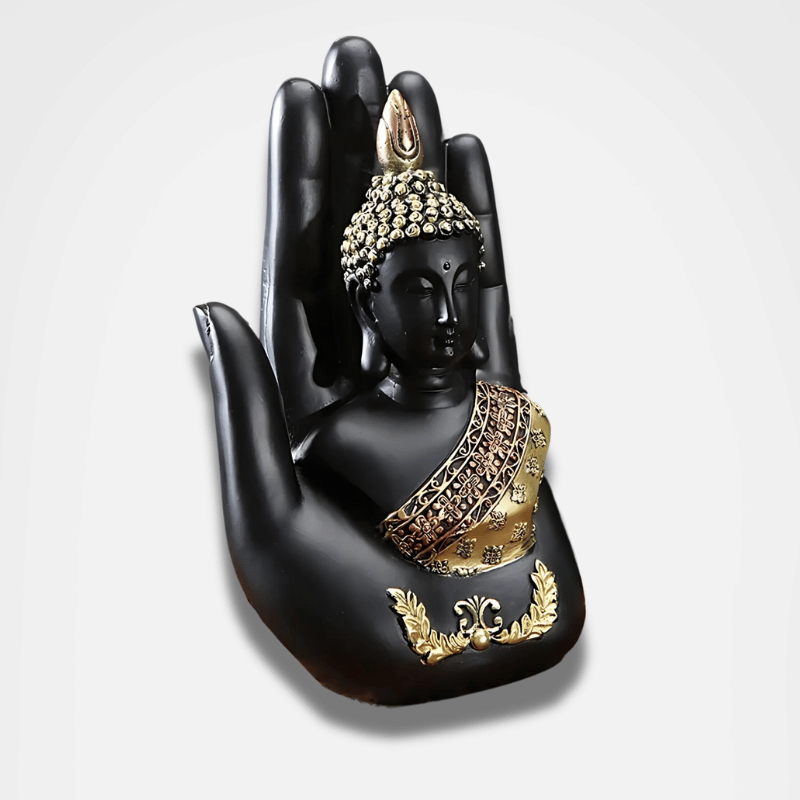
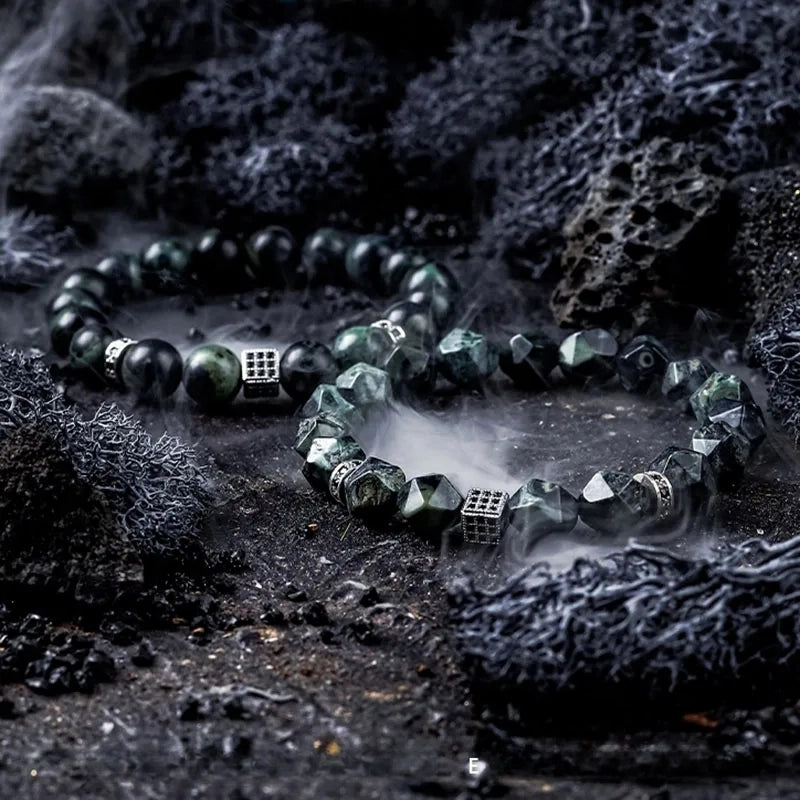




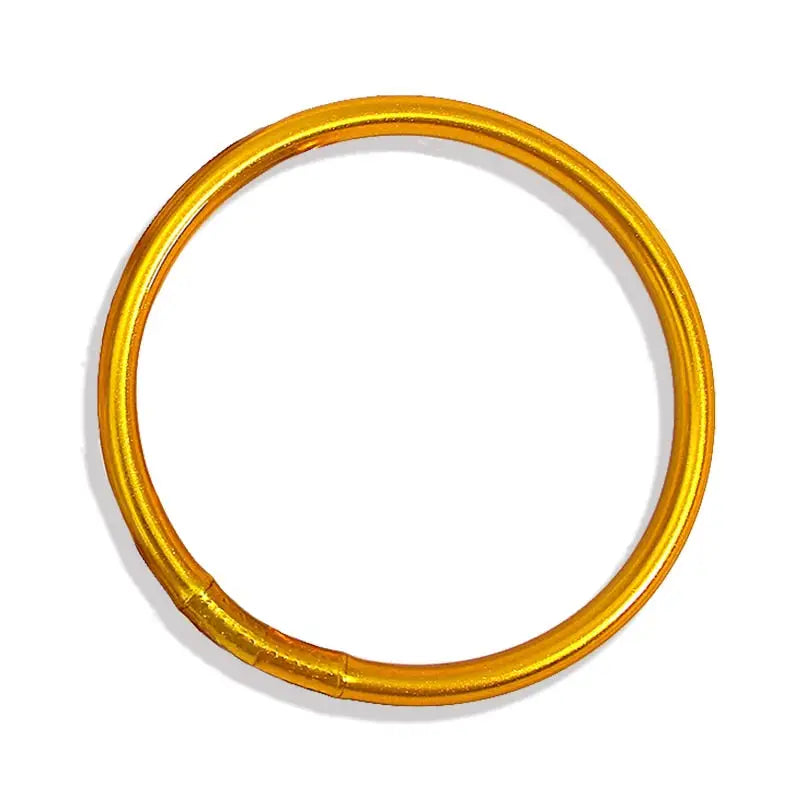
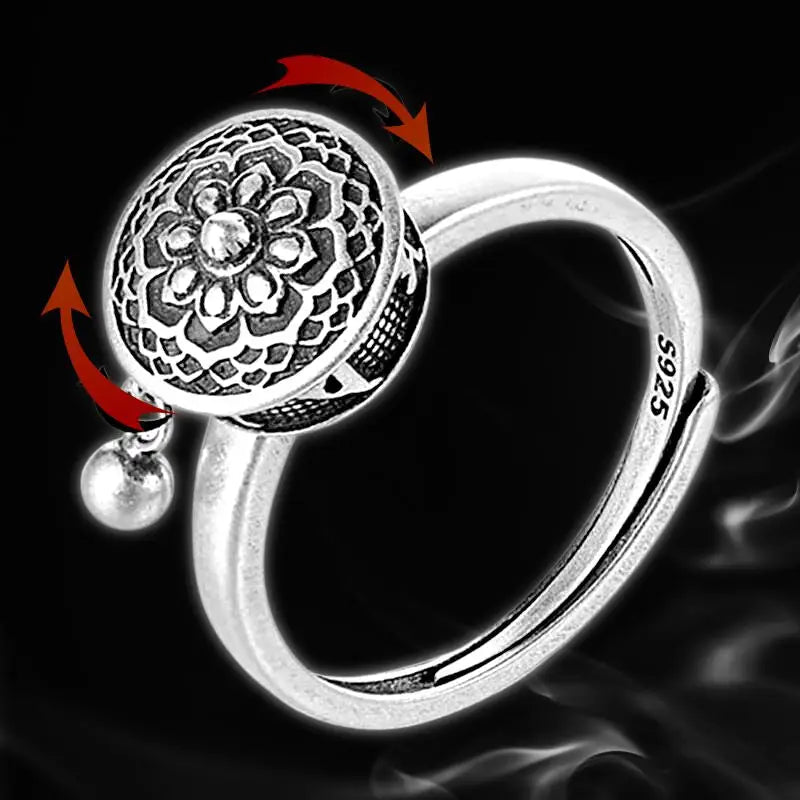
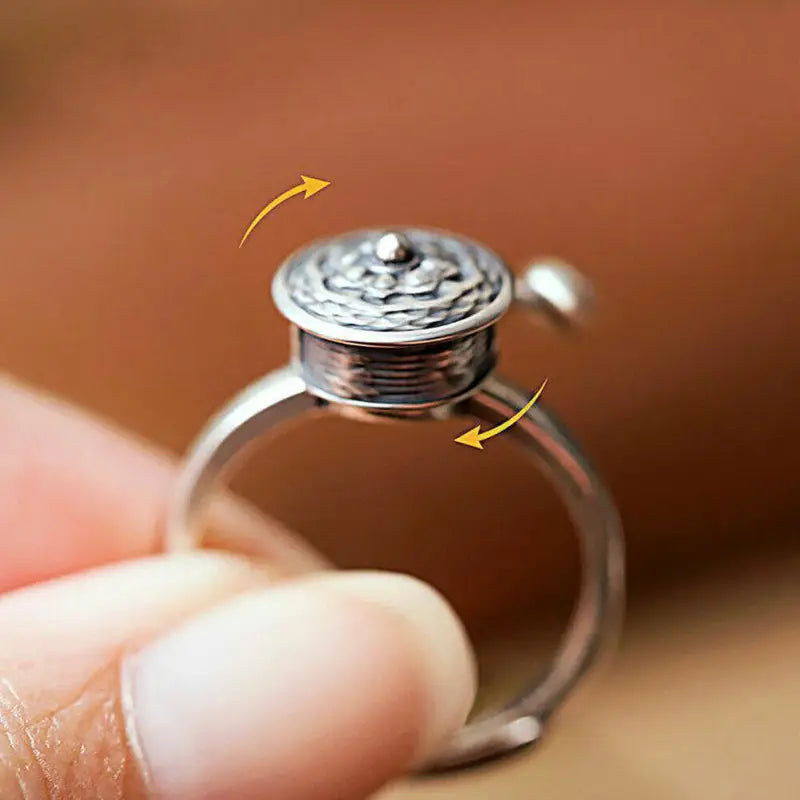
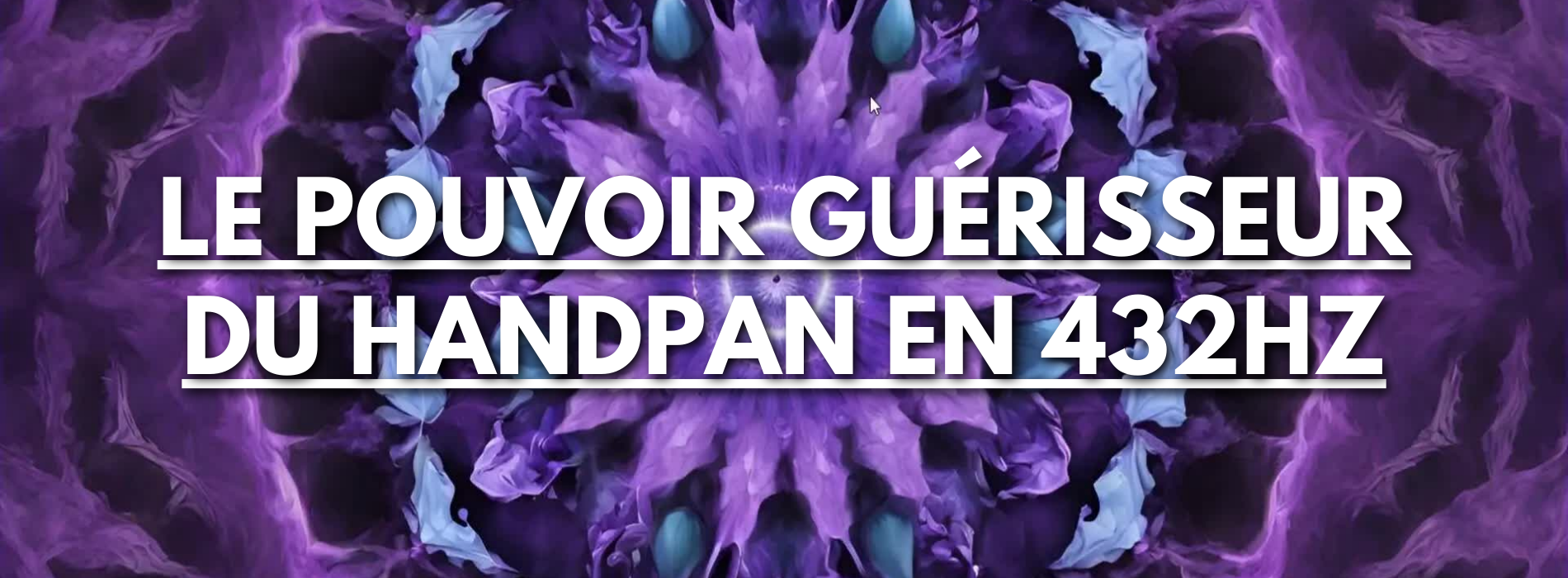
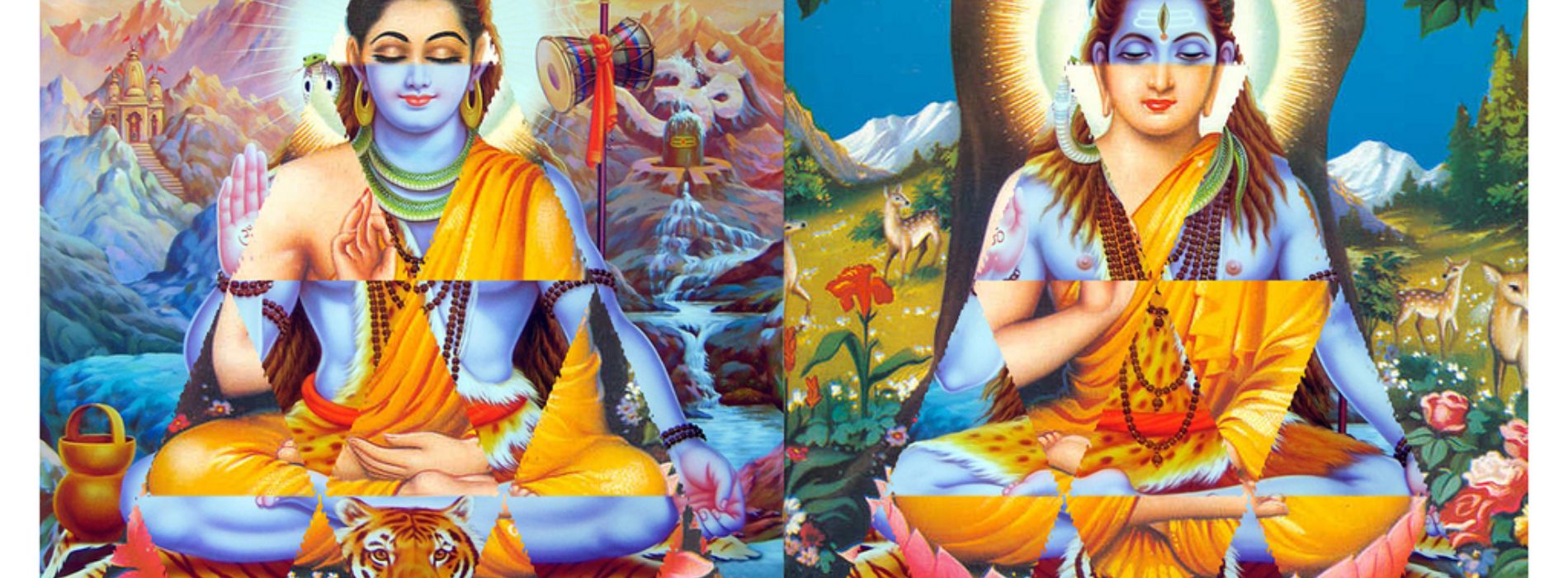
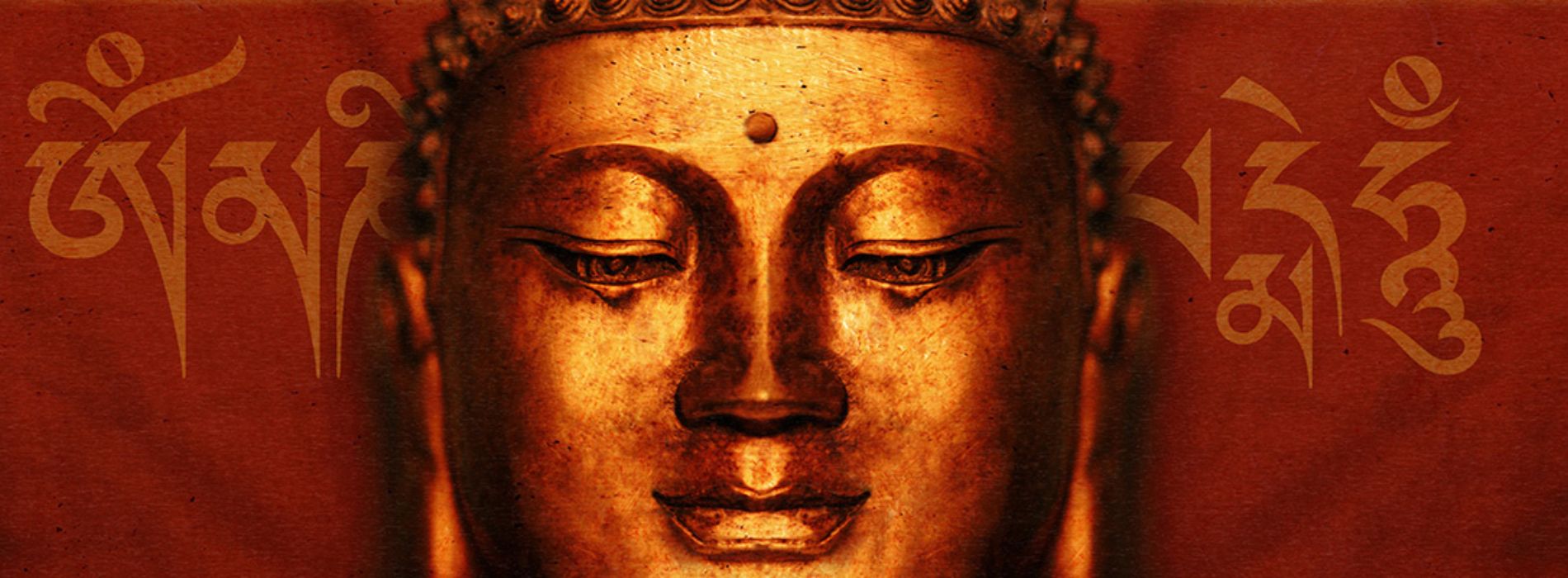



4 comments
Mehmet Aydi
Dein vater ist ein kleiner hurenoshn :)
Lecoeur
Bonjour,
Tashi delek, article très intéressant, éventuellement je souhaiterai commander du Dharma, livre de prière, merci de votre réponse. Cordialement.
Seka
Bonjour, je suis Monsieur Seka Brou, j’ai besoin d’un Livre de Prière de Bouddhisme. Mon Email est ouvert. Merci
Jacques Blais
Que représente le COQ?